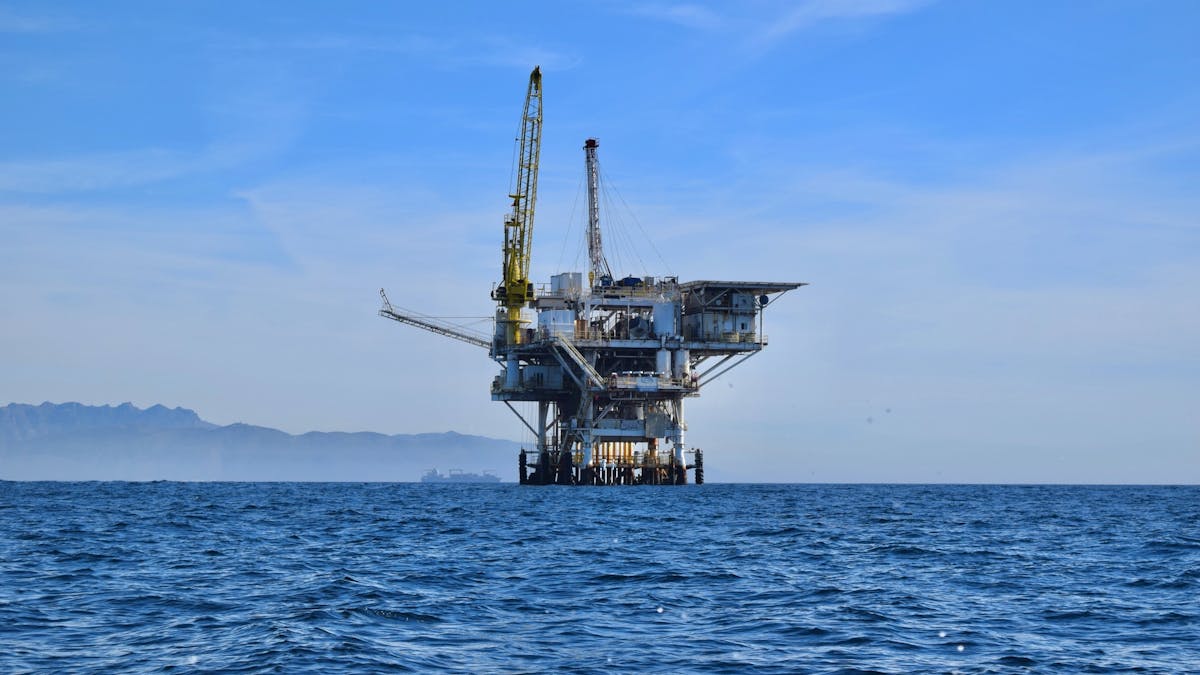Guest Blog
Welcome to BailoutWatch
Join us as we track recovery and stimulus efforts to divert taxpayer money to unprofitable, polluting fossil fuel companies.

Guest Blog
Join us as we track recovery and stimulus efforts to divert taxpayer money to unprofitable, polluting fossil fuel companies.
